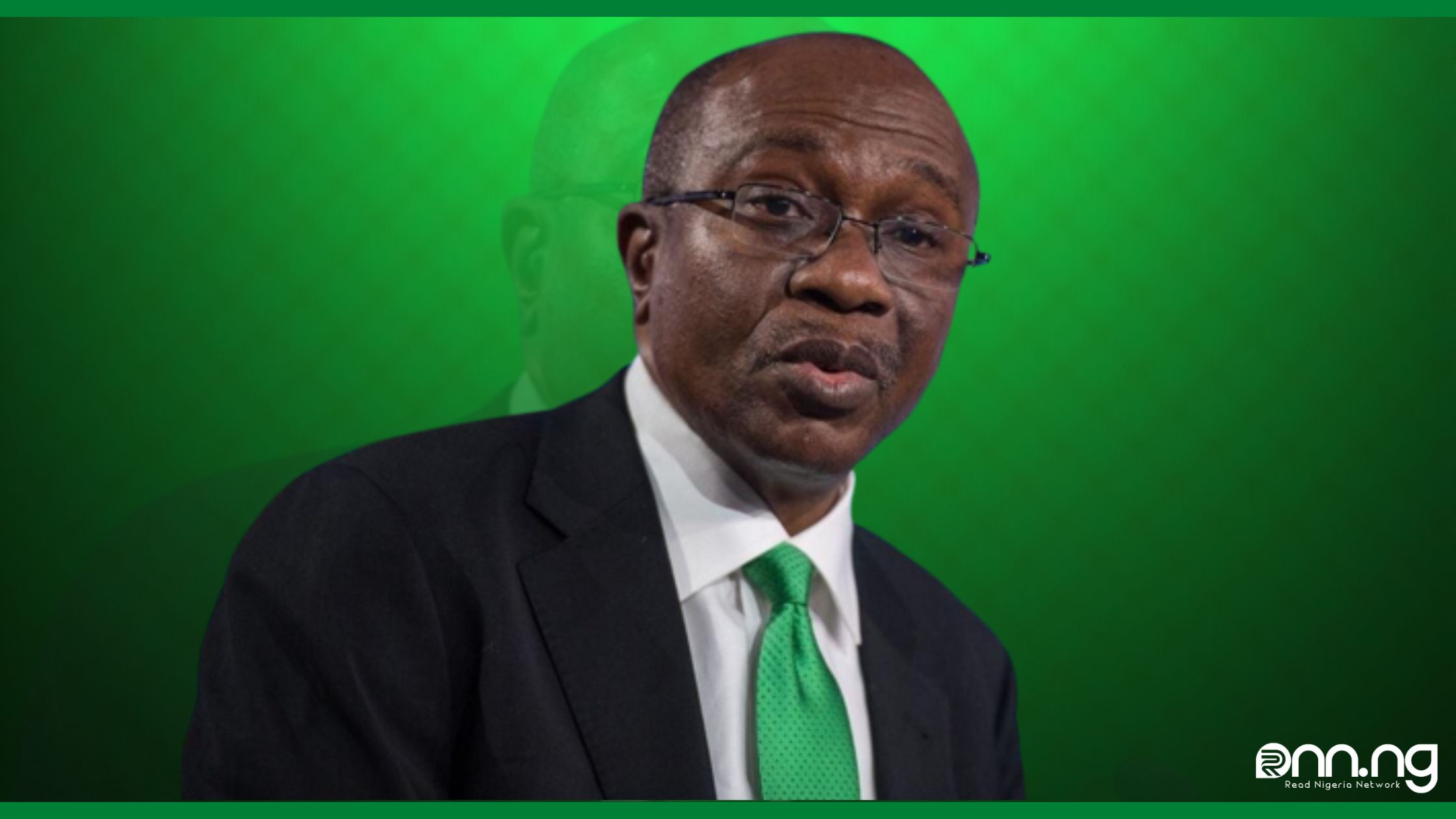Business News
Crude oil sales proceeds into Nigeria’s foreign reserves is down to zero – Emefiele
“The official foreign exchange receipt from crude oil sales into our official reserves has dried up steadily from above $3.0 billion…

According to the Central Bank of Nigeria, selling crude oil is no longer how the nation obtains its foreign reserves. At the CIBN Annual Lecture, Governor Godwin Emefiele revealed this and stated the policy focus for 2023.
Emefiele expressed confidence that the Nigerian economy’s short-term outlook is still strong despite the drop in foreign reserves. Nigeria’s foreign reserves receipts decreased from US$3.0 billion per month to zero, according to Emefiele.
“The official foreign exchange receipt from crude oil sales into our official reserves has dried up steadily from above $3.0 billion monthly in 2014 to an absolute zero dollars today,” said Emefiele.
He emphasized the significance of increasing non-oil earnings to Nigeria’s foreign exchange influx. Emefiele insists that there is a valid justification for the CBN’s redesign of three different Nigerian currency denominations.
Emefiele, the governor, forecasts that the inflation rate will continue to be high and above the 12.5% threshold that promotes growth.
READ MORE: Oil theft in Nigeria is declining as a result of increased oil output
“We will maintain the current tight monetary policy stance in the near term, especially in view of rising inflation expectations and exchange market pressures,” said Emefiele.
He anticipated that in the final quarter of 2022 and in 2023, the GDP growth rate will continue to be positive. Emefiele stated that the goals of price, monetary, and exchange rate stability will continue to be the primary focus of monetary policy.
According to the governor of the Central Bank of Nigeria, credit to the primary private sector of the economy has increased by more than twofold from N13.2 trillion at the end of 2018 to N27.7 trillion as of September 2022. The National Domestic Card Scheme, according to him, would launch on January 16, 2023.
Emefiele also mentioned the efforts being made by the top bank to resuscitate the healthcare and textile sectors in Nigeria.
Until recently, the main source of Nigeria’s foreign reserves was the selling of gas and oil to other countries. However, an increase in crude oil theft has made it more difficult for Nigeria to export enough of the substance. As a result, its foreign currency reserves are decreasing.
According to data from the CBN, Nigeria’s foreign reserves decreased to $37.17 billion as of November 15th, 2022. The country’s external reserves are at their lowest point this year and since September 30th, 2021, when it was hit hard by currency depreciation.
Source: nairametrics.com
